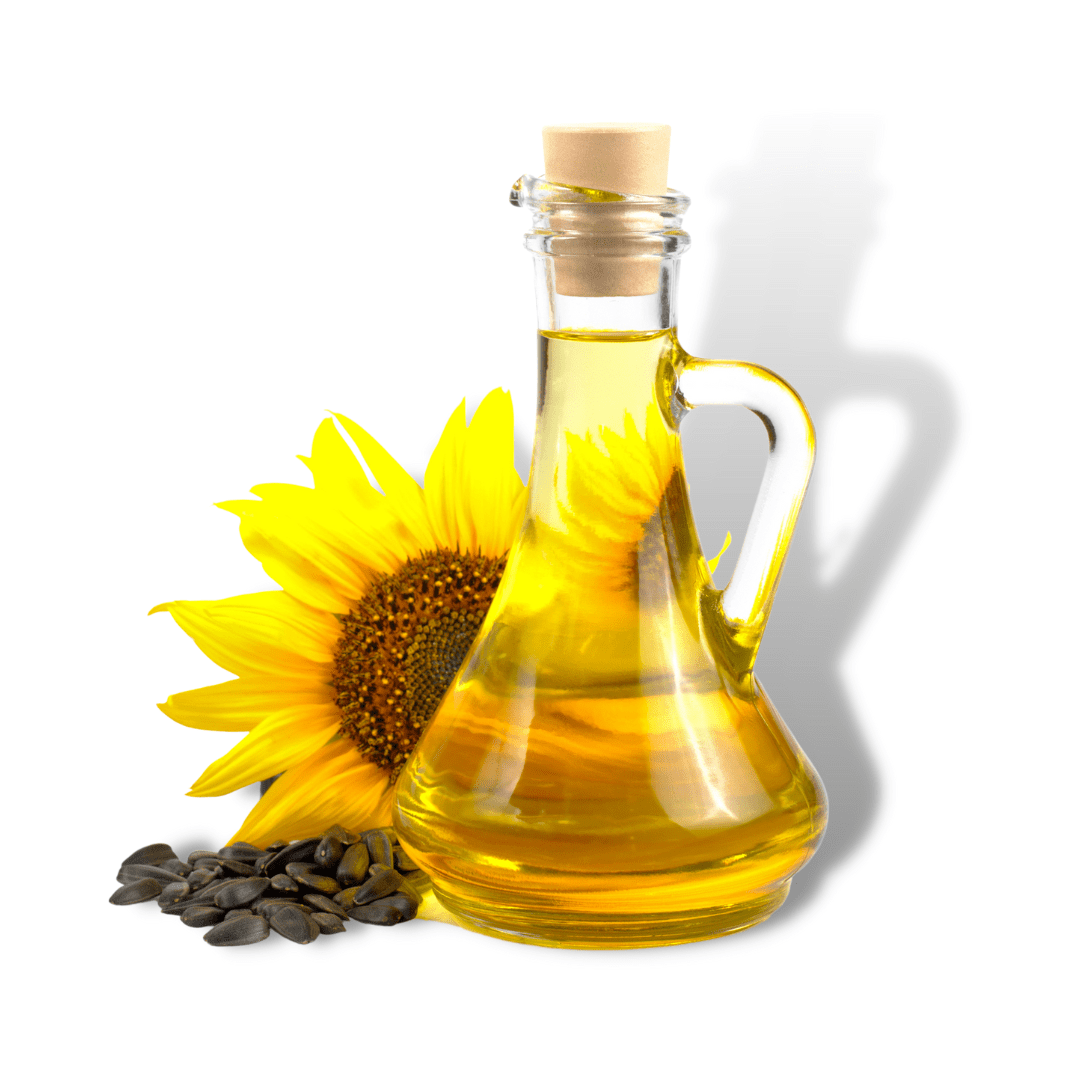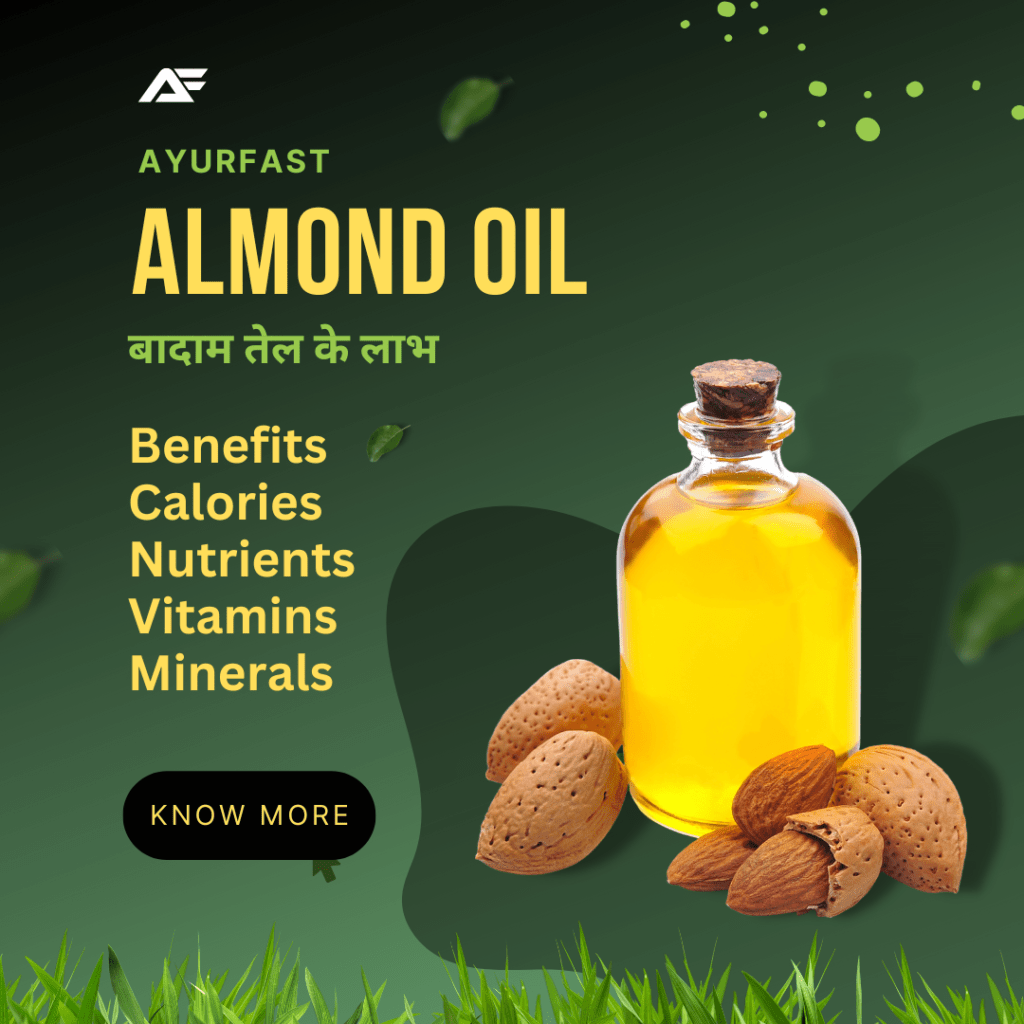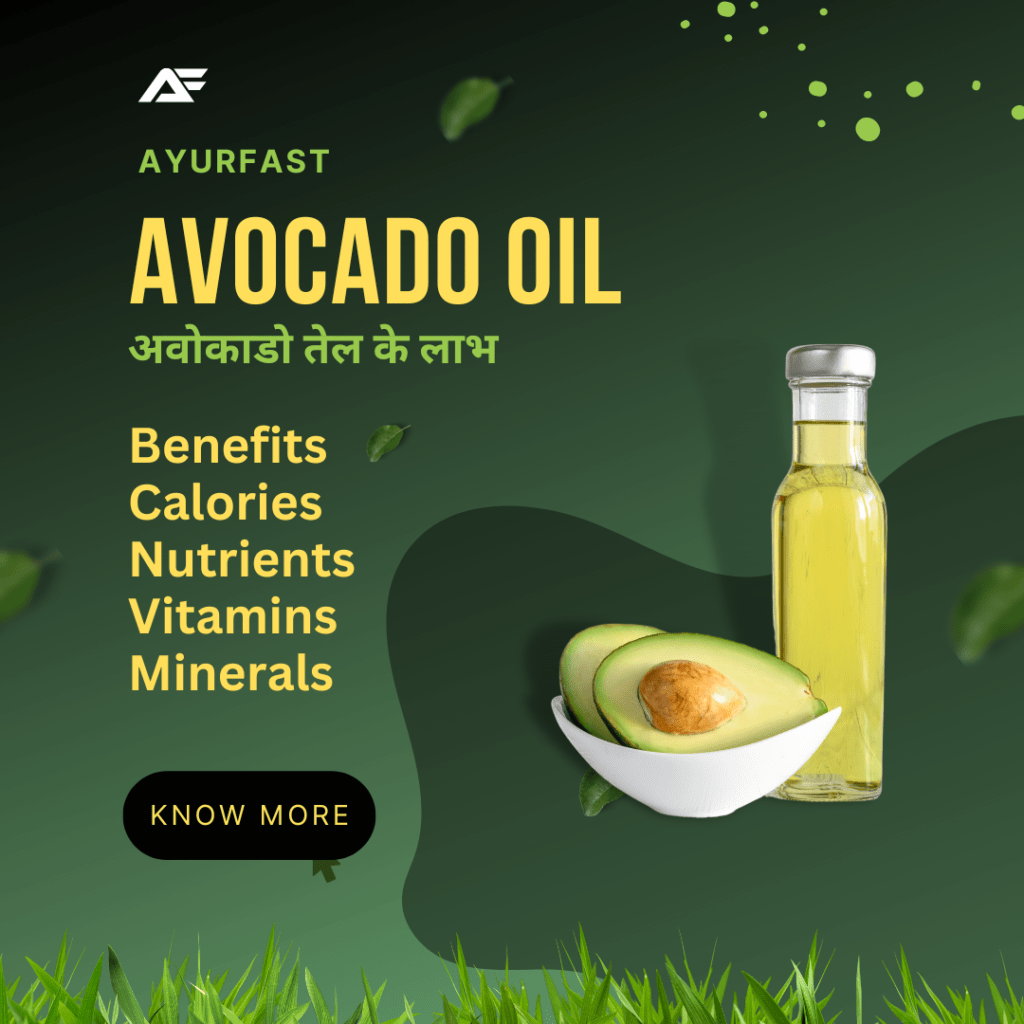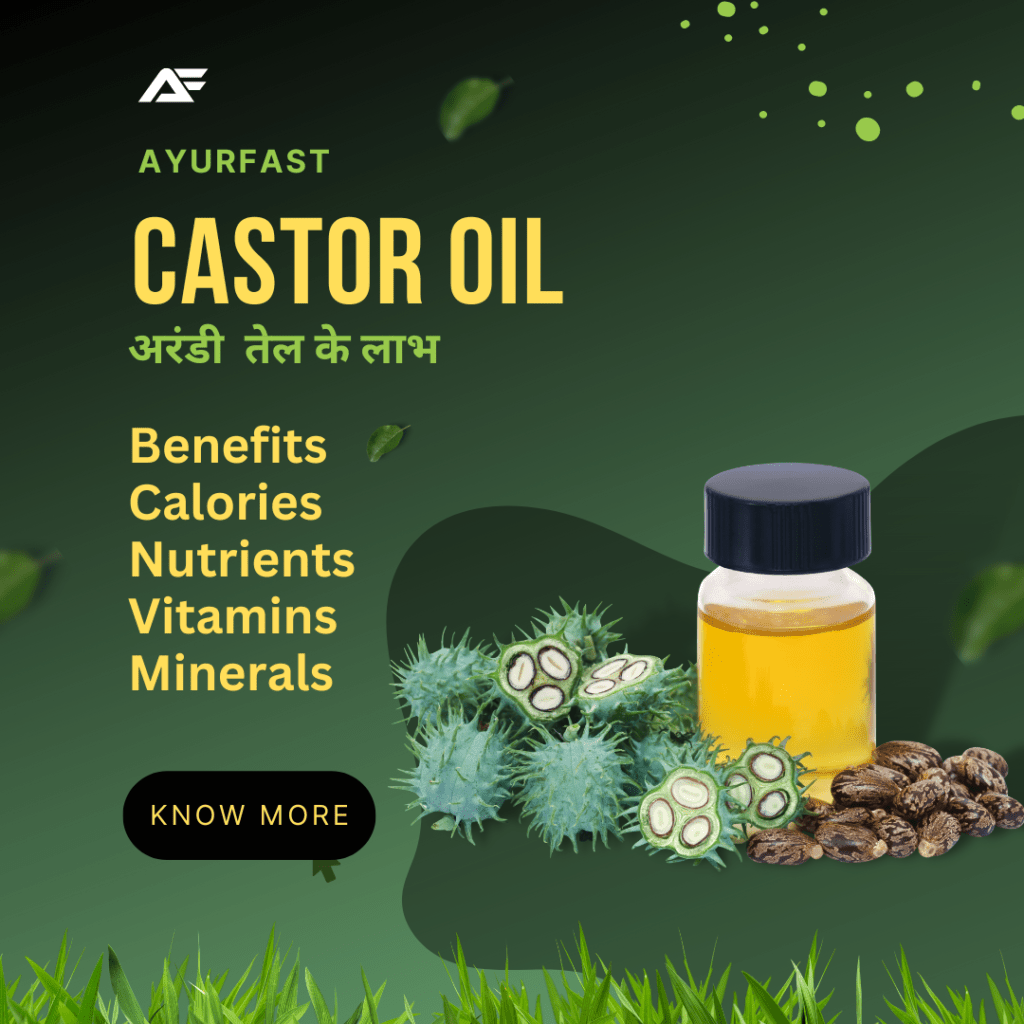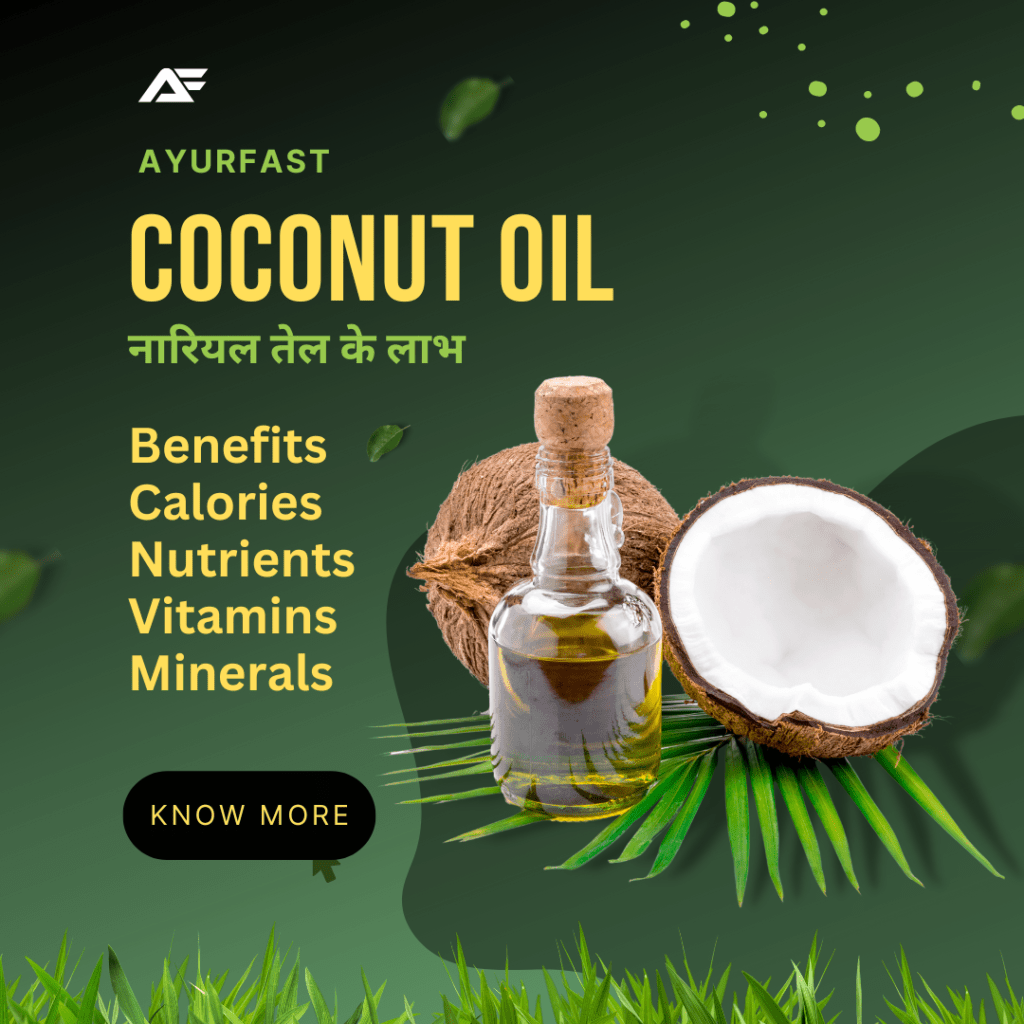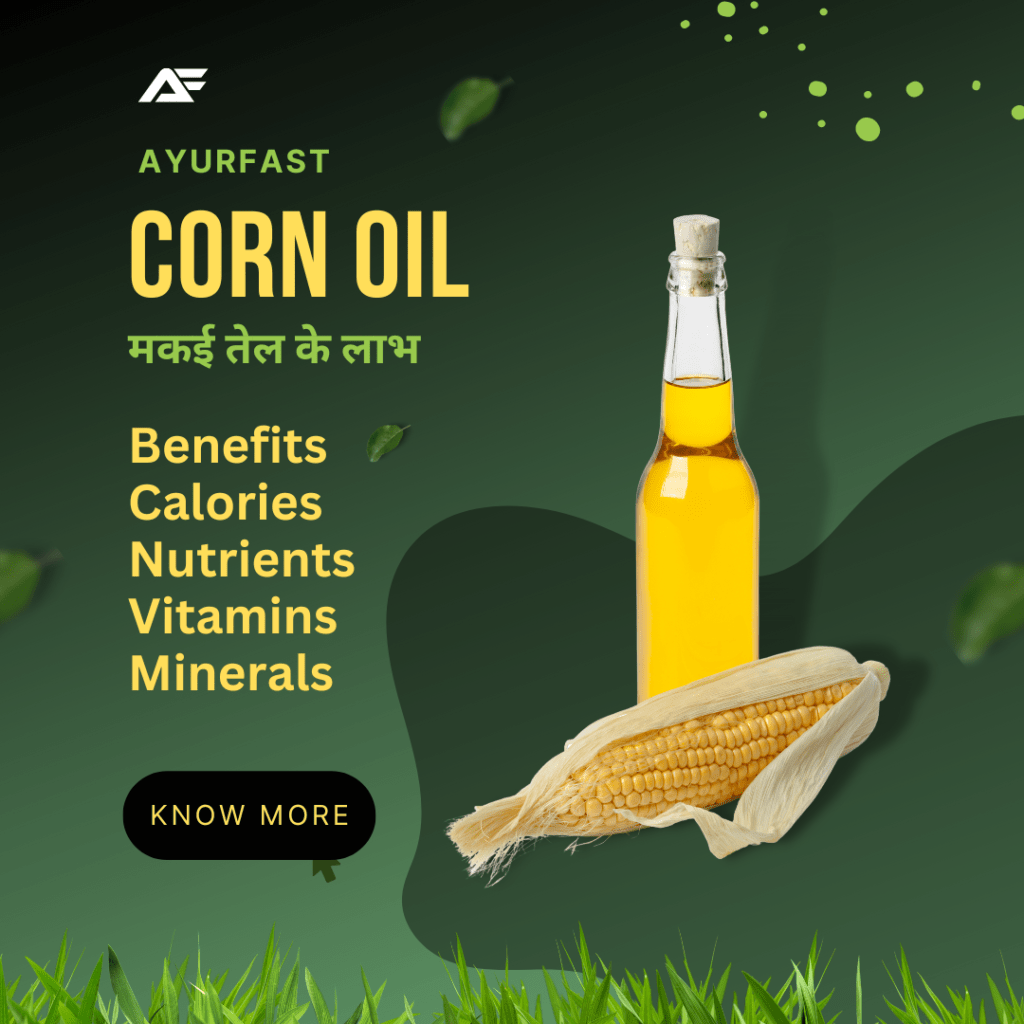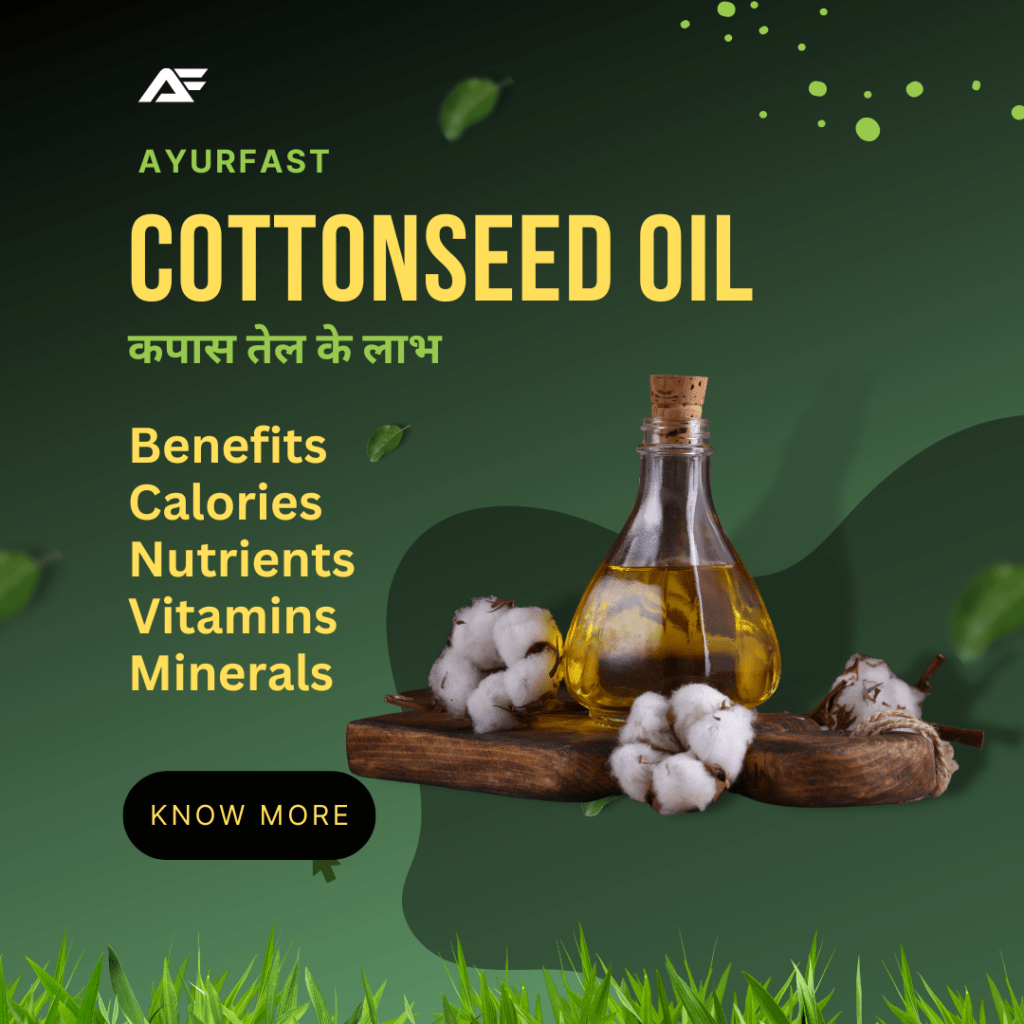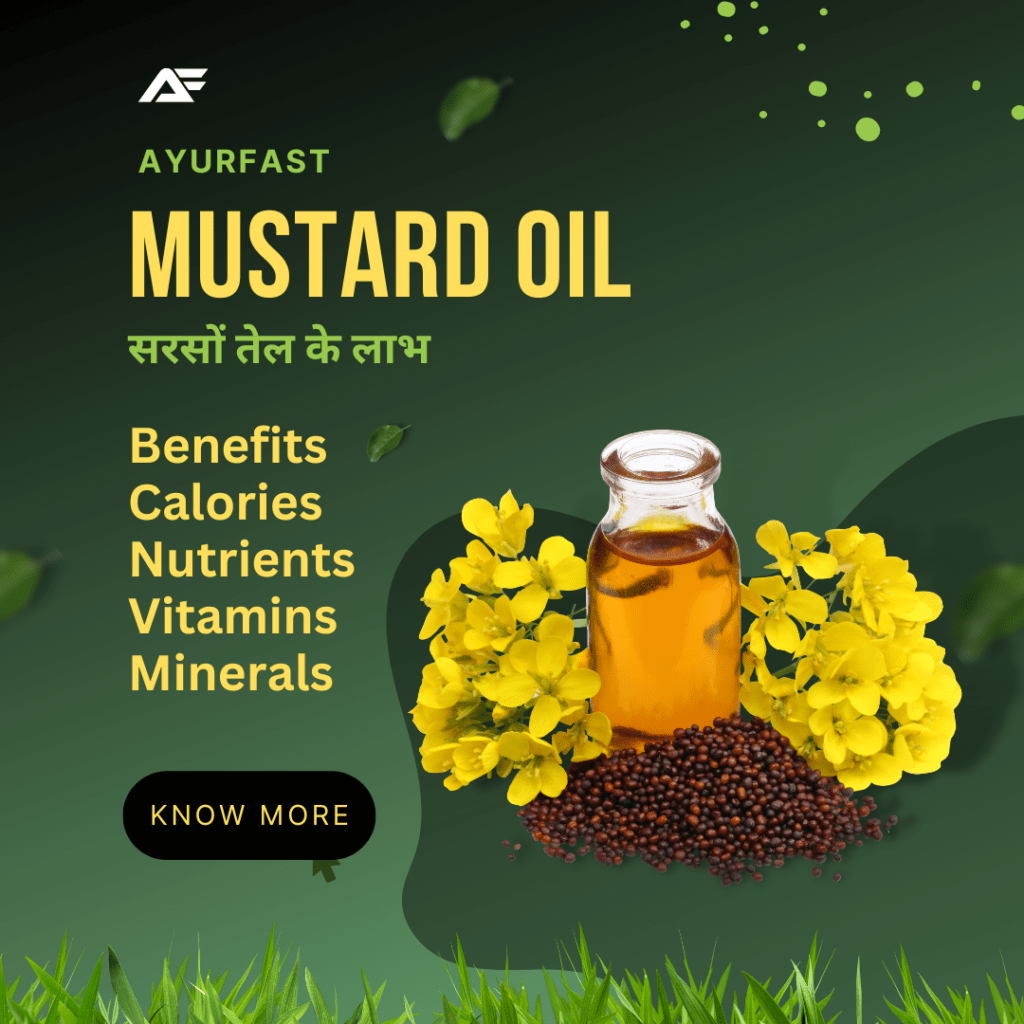About
Sunflower oil is a popular vegetable oil extracted from sunflower seeds. It is a versatile oil that is commonly used for cooking, baking, and frying due to its mild flavor, high smoke point, and affordable cost.
Health Benefits:
-
Heart Health: Sunflower oil is high in unsaturated fats, particularly linoleic acid, which is known to improve cholesterol levels and reduce the risk of heart disease.
-
Skin Health: Sunflower oil is rich in vitamin E, which is a potent antioxidant that helps protect the skin from free radical damage, keeping it healthy and youthful.
-
Immunity Booster: Sunflower oil is a good source of vitamin E, which has been linked to improved immune function and lower rates of infections.
-
Energy Booster: Sunflower oil is a rich source of calories and can provide a quick energy boost when consumed in moderation.
Health Losses:
-
High in Calories: Sunflower oil is high in calories, so consuming it in excess can lead to weight gain and other health issues.
-
Low in Nutrients: Sunflower oil is low in essential nutrients such as vitamins and minerals, making it an incomplete food source.
Preparation Method:
Sunflower oil is prepared by extracting oil from sunflower seeds. The seeds are cleaned, roasted, and then pressed to extract the oil. The oil is then filtered and refined to remove any impurities.
Treatments it can be used for:
-
Cooking: Sunflower oil is a popular cooking oil and is commonly used for frying, baking, and sautéing.
-
Salad Dressing: Sunflower oil can be used as a base for salad dressings, providing a mild flavor that won’t overpower other ingredients.
-
Skincare: Sunflower oil is a common ingredient in skincare products due to its moisturizing and antioxidant properties.
Harms of overdose:
Consuming excessive amounts of sunflower oil can lead to weight gain, high cholesterol levels, and an increased risk of heart disease.
Maximum consumption per day:
The maximum consumption of sunflower oil per day should not exceed
- 1 tablespoon for children,
- 2 tablespoons for adult women, and
- 3 tablespoons for adult men.
Macronutrient Content in 50g of Sunflower Oil
| Nutrient | Amount (50g) |
|---|---|
| Calories | 442 |
| Total Fat | 50g |
| Carbohydrates | 0g |
| Protein | 0g |
| Fiber | 0g |
| Water Content | 0g |
Vitamin Content in 50g of Sunflower Oil
| Vitamin | Amount (50g) |
|---|---|
| Vitamin A | 0mcg |
| Vitamin B1 | 0mg |
| Vitamin B2 | 0mg |
| Vitamin B3 | 0mg |
| Vitamin B6 | 0mg |
| Vitamin B12 | 0mcg |
| Vitamin C | 0mg |
| Vitamin D | 0mcg |
| Vitamin E | 27.3mg |
| Vitamin K | 5.6mcg |
| Folate | 0mcg |
| Biotin | 0mcg |
Mineral Content in 50g of Sunflower Oil
| Mineral | Amount (50g) |
|---|---|
| Calcium | 2mg |
| Iron | 0.4mg |
| Iodine | 0mcg |
| Zinc | 0.3mg |
| Magnesium | 0mg |
| Phosphorus | 0mg |
| Potassium | 0mg |
| Sodium | 0mg |
| Chloride | 0mg |
| Copper | 0mg |
| Chromium | 0mcg |
| Fluoride | 0mcg |
| Molybdenum | 0mcg |
| Manganese | 0mg |
| Selenium | 0.6mcg |
What is sunflower oil used for?
Sunflower oil can be used for various cooking applications, such as frying, sautéing, baking, and salad dressings. It can also be used in skin and hair care products.
Is sunflower oil healthy?
Yes, sunflower oil is a healthy option as it is low in saturated fat and high in unsaturated fats, including omega-6 fatty acids.
What are the benefits of sunflower oil?
Sunflower oil is a good source of vitamin E and antioxidants, and it can promote heart health, lower inflammation, and improve skin and hair health.
How is sunflower oil made?
Sunflower oil is made by pressing the seeds of the sunflower plant to extract the oil.
Is sunflower oil good for frying?
Yes, sunflower oil has a high smoke point and is a good option for frying.
What is the smoke point of sunflower oil?
The smoke point of sunflower oil is around 450°F (232°C).
How many calories are in sunflower oil?
One tablespoon of sunflower oil contains approximately 120 calories.
Is sunflower oil a good source of vitamin E?
Yes, sunflower oil is a good source of vitamin E, with one tablespoon providing around 5mg of vitamin E.
Can sunflower oil reduce inflammation?
Yes, sunflower oil contains compounds that can help reduce inflammation in the body.
Is sunflower oil better than vegetable oil?
Sunflower oil and vegetable oil are both healthy options, but sunflower oil is a better option for high-heat cooking due to its high smoke point.
How does sunflower oil compare to olive oil?
Sunflower oil has a milder taste and a higher smoke point than olive oil, making it a better option for high-heat cooking.
What are the differences between refined and unrefined sunflower oil?
Refined sunflower oil is processed to remove impurities and has a neutral taste, while unrefined sunflower oil has a nutty flavor and retains more nutrients.
How should sunflower oil be stored?
Sunflower oil should be stored in a cool, dark place, away from heat and light.
Can sunflower oil be used for baking?
Yes, sunflower oil is a good option for baking.
Is sunflower oil good for your skin?
Yes, sunflower oil can moisturize and soothe the skin and has anti-inflammatory properties.
Can sunflower oil be used as a massage oil?
Yes, sunflower oil can be used as a massage oil as it has a light texture and absorbs easily into the skin.
How does sunflower oil affect cholesterol levels?
Sunflower oil can help improve cholesterol levels by increasing levels of good cholesterol and decreasing levels of bad cholesterol.
Can sunflower oil help with weight loss?
Sunflower oil can support weight loss by reducing inflammation and promoting heart health.
Is sunflower oil safe for pets?
Yes, sunflower oil is safe for pets in moderation.

